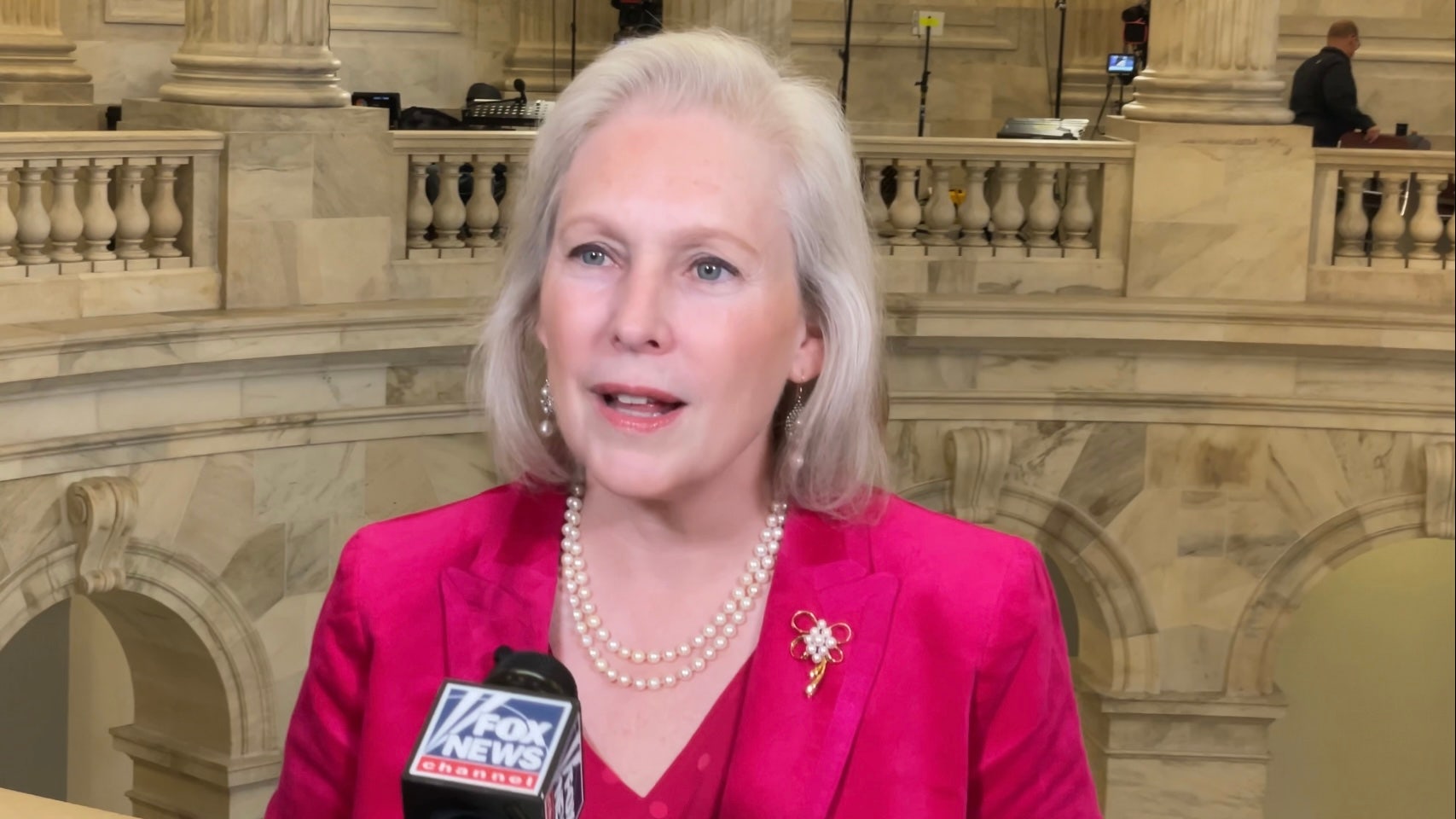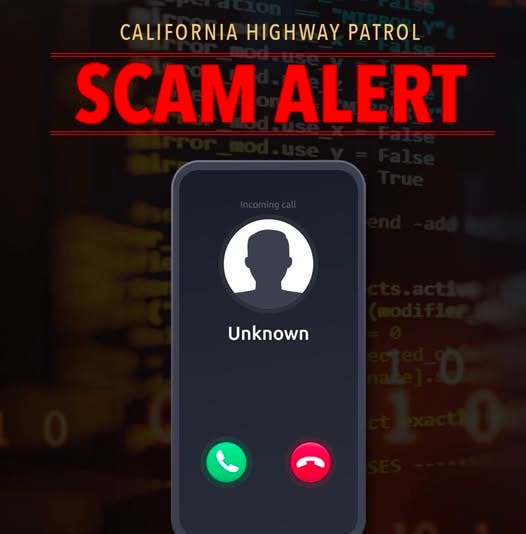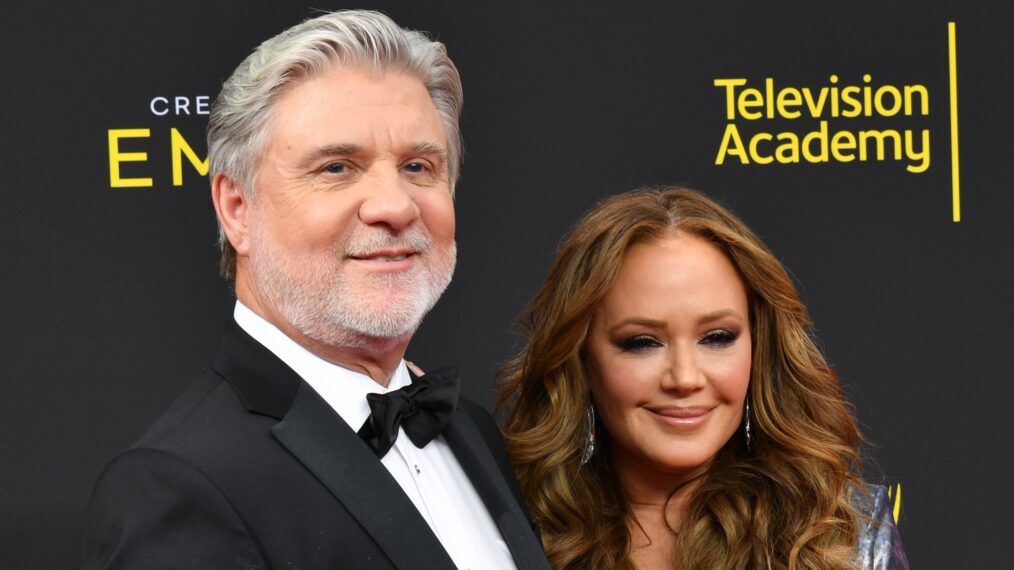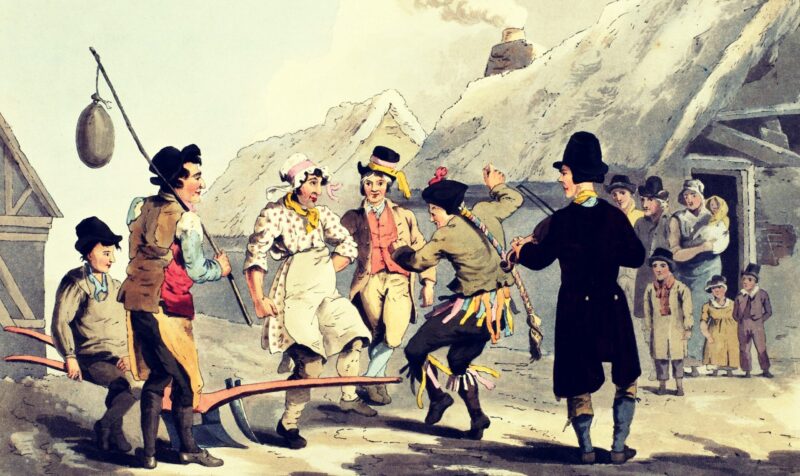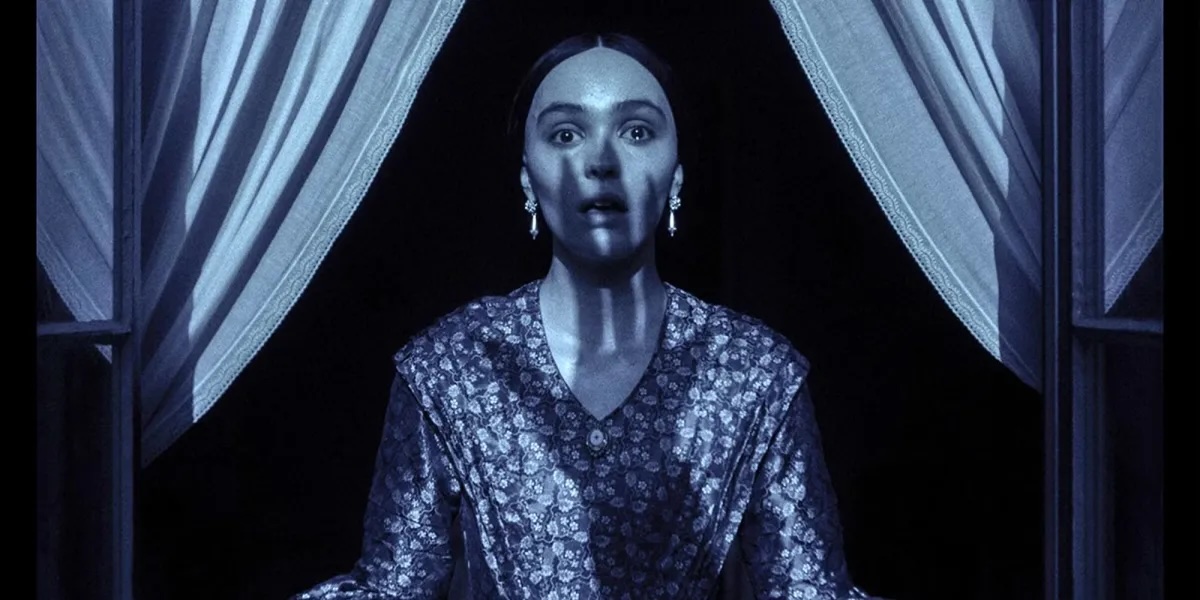Welcome to the fourth edition of Am I the Literary Asshole, the only biweekly “advice” column that asks you to consider the fact that “it’s five o’clock somewhere” is the true existential quandary of our time. RIP Jimmy Buffett, you would have loved the open bar at my wedding.
I’ve been delighted by the flood of emails and anonymous queries I’ve received! Scandalous stuff, to be sure. People out here naming names in the Year of our Lord 2024! Lots (and lots and lots) of questions about blurbs! Criticism that (oddly) has to do with my gender! Yet I feel I must reiterate to you, my gentle readers, that I am not, in fact, a licensed therapist; I am merely a dad out here offering up jokes that might pass as “literary advice” to only the very drunkest among us.
I’m still quaffing leftover champagne from my wedding reception, so let’s pour one out (or two or three) for today’s questions and skip right to the drinking, which is indeed my favorite part:
1) My question is: is it literary asshole behavior to write a negative review of a book before it comes out? I don’t want to poop on someone’s masterpiece before it even sees the light of day, but I also want to be honest and sometimes that honesty is spicy. For context, I’m an indie bookseller so I do review for my job/talk about books publicly.
Spicy honesty! You’ve come to the right place, because frankly that sounds delicious. First off, thank you for this great question. Reviews are something we talk about a lot in the literary world, and I will admit that people have vastly different opinions when it comes to books and negative criticism. It can be a very hard thing to see a review of your work that doesn’t necessarily lean favorably. At the same time, if we’re making art, then there inevitably needs to be room for honest analysis. Both things can be true at once!
I don’t think I’m going to be able to answer your question with a simple yes or no, because I think the issue itself is much larger than a binary response could possibly cover. It’s all gray area, friend, and that’s not necessarily a bad thing. Maybe a better way to get at this would be to consider what we’re actually looking to get from a review. I’m not usually looking to hear if a book is good or bad, because that’s not the way I think about art.
Generally, I’m wanting to know if the reviewer is able to parse what the author was trying to do and then give me some information about whether (in their opinion) the author has in fact succeeded in that attempt.
At the end of the day, not everyone is going to be your reader (and that is also true when it comes to criticism and reviews). You can go to Book Marks right now and click on any number of well-reviewed books and see a wild disparity of opinions. At the end of the day, what matters is that you’ve engaged with the text in a real and honest way. The fact that you’re concerned about how people might take a less than favorable review lets me know that you’re likely writing from a good place.
Speaking of, this might be a good place to get a drink. Let’s top off our glasses of bubbly while we take a peek at the next question.
*
2) AITLA for not wanting a book tour? I’m the kind of person who’d rather stay home than attend a party, so book tour seems, to put it mildly, exhausting. Will my publisher be upset if I decline?
I’ve said it before, plenty of people in the book world are introverts and would prefer to keep the literary socializing to a minimum. Not everyone, mind you—some of us extroverts are out here clamoring for more events so we can have an excuse to drink in public and yap at anyone who will listen! But there are lot of people, you included, who would rather sit that part out. And that’s totally fine!
Writing a book is generally a solitary act, one that requires patience and focus. Creating requires us to be still, to look inward. But making art and marketing art? Well, those are two very different animals.
If you don’t want a book tour, you (probably) don’t have to have one. That’s not to say that you shouldn’t do any events at all. I think you might be sad (might, I say, because hey, maybe not) if you didn’t give yourself the opportunity to do a book launch. There are different ways you can look at this, I think: Maybe what would work for you is something smaller? A dinner party, say, or a simple gathering at your local indie. Just because somebody else wants to throw a rager (*cough* me *cough*) doesn’t mean you can’t host an intimate affair.
As for the last part of your question—will they be upset—I think it depends on the publisher, to be perfectly honest. If you signed an agreement that included a book tour? Maybe. But many smaller publishing houses don’t usually have the resources to pay for a massive book tour, anyway, so no one is going to chase you around with laundry list of Google Calendar invites and demand you accept all of them.
It would be wise, I think, to talk with your editor now and suss out what’s going to work best for both parties. It’s very likely that they already know this about you and are more than willing to come to some kind of agreement.
Speaking of satisfaction, this champagne is really hitting the spot! Let’s pour a little more and toast to our final question of the day.
*
3) I’ll keep my question brief and to the point: do you actually have to read a whole book in order to blurb it? It seems like many writers these days just throw out a few sentences that sound like they’re adlibbing the plot. I guess I’m just wondering your thoughts on this.
My thoughts on this are also going to be brief and to the point: yes, you absolutely have to read the whole book.
I get what you’re saying. Sometimes out in the wild we see blurbs that really aren’t doing all that much. We joke about it. Tour de force! A powerful new voice! And we wonder, is it possible that the author of the blurb just phoned this one in?
Perhaps. But gentle reader, don’t let that happen to you. We can’t know what every book contains. It’s important that we engage with the text as a whole before we commit to writing anything in honor of it. Committing to blurbs (as I’ve written here before) is exactly that: a commitment. It requires time and effort. It’s not something you just throw out there like an empty promise. If you don’t have enough time to read a whole book and blurb it, then that’s what you must tell the author. And you know what? They will understand.
And I understand that we are out of time (and out of champagne). Join me next column where I’ll answer more of your burning questions and (hopefully) convince my wife that we should install a champagne fountain in our living room.
Here’s where you can send your anonymous queries, friends.
See you at happy hour,
Dad
__________________________
Are you worried you’re the literary asshole? Ask Kristen via email at AskKristen@lithub.com, or anonymously here.



